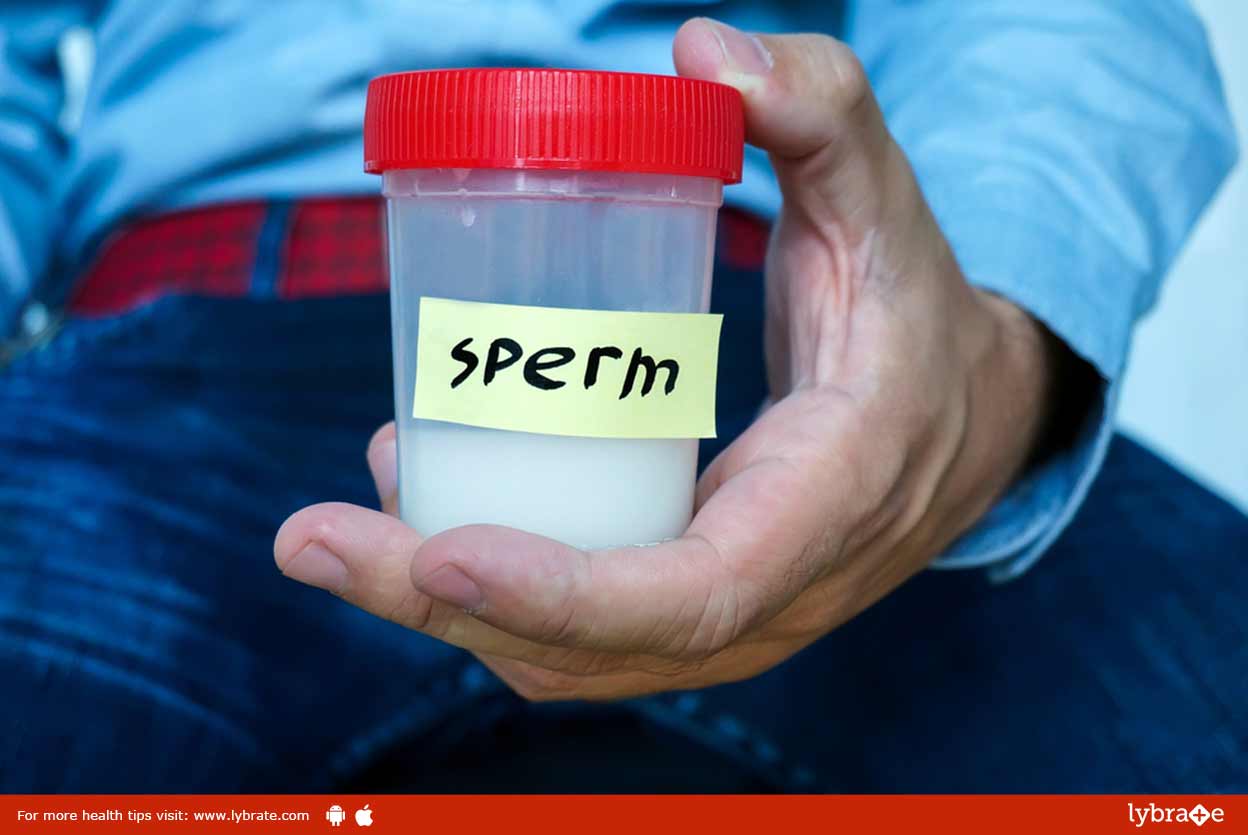By Dr. Abhishek S Parihar , Gynaecology
What is Low Sperm Count?
Low sperm count or ‘Oligospermia’ is a condition that indicates that the semen that you discharge during a sexual climax comparatively contains fewer sperm cells than normal (the limit being 15 million sperm cells in a milliliter of semen).
How would you know if you have a low sperm count?
- You have difficulty in sustaining an erection during an intercourse.
- Lump formation in your testicle region accompanied by pain.
- Amount of body or facial hair reduces.
- Inability to father a child even after indulging in unprotected sexual intercourse.
What causes a low sperm count?
- Inflammation of the veins that may lead to draining of the testicles.
- Infections can hinder the production of sperms and affect your sperm health.
- A condition called ‘Retrograde Ejaculation’ wherein the semen goes back into the bladder during an orgasm instead of an ejaculation through the tip of the penis.
- Anti-sperm antibodies that mistakenly consider the sperm as a potential threat and try destroying them. This usually happens in case you have undergone a vasectomy (technique of male sterilization) surgery.
- Cancerous or other benign tumors can also result in this condition by affecting one’s pituitary gland.
- Testicles which haven’t descended to the sac from the abdomen.
- Hormonal abnormalities.
- Defects in the sperm duct.
- Disorders in inherited chromosomes.
- Celiac disease: A disorder caused because of gluten sensitivity.
- Side-effects of certain medications such as antibiotic medicines or antifungal creams, chemotherapy, medications to treat ulcers and other anabolic steroids.
- Environmental factors such as over-exposure to industrial chemicals, heavy metals such as lead, X-rays or radiations and long hours of bicycling.
- Lifestyle and health related factors such as substance abuse, excessive consumption of alcohol, smoking tobacco, high levels of stress and being over-weight or obese.
Treatment-
- Surgery can be an option to fix the swelling of the veins and sperm retrieval methods to retrieve sperms from one’s testicles.
- Nursing the infections using antibiotics; however, this may not end up restoring one’s fertility.
- Hormonal therapies and treatments for treating low or excess levels of a few hormones or to treat the way your body uses certain hormones.
- Assisted Reproductive Technology treatments that involve methods of normal ejaculation to obtain sperms or from sperm donors.
Lifestyle and Home Remedies-
There are steps you can take at home to increase your chances of getting your partner pregnant, including:
- Increasing the frequency of sex. Having sexual intercourse every day or every other day beginning at least four days before ovulation increases your chances of getting your partner pregnant.
- Having sex when fertilization is possible. A woman is likely to become pregnant during ovulation — which occurs in the middle of the menstrual cycle, between periods. This will ensure that sperm, which can live several days, are present when conception is possible.
- Avoiding lubricants. Some products such as Astroglide or K-Y jelly, lotions, and saliva might impair sperm movement and function. Ask your doctor about sperm-safe lubricants.








































